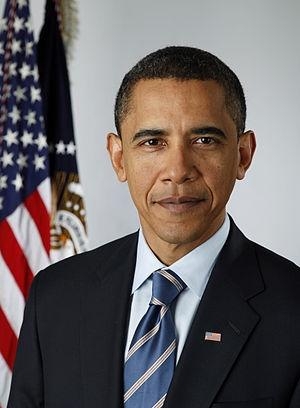- Community
-
Programs
- Schools
-
Careers
- RN Specialties
- Best RN Jobs and Salaries
- Aesthetic Nurse
- Nursing Informatics
- Nurse Case Manager
- NICU Nurse
- Forensic Nurse
- Labor and Delivery Nurse
- Psychiatric Nurse
- Pediatric Nurse
- Travel Nurse
- Telemetry Nurse
- Dermatology Nurse
- Nurse Practitioner
- Best NP Jobs and Salaries
- Family NP (FNP)
- Pediatric NP
- Neonatal NP
- Oncology NP
- Acute Care NP
- Aesthetic NP
- Women's Health NP
- Adult-Gerontology NP
- Orthopedic NP
- Emergency NP
- Psychiatric-Mental Health NP (PMHNP)
- APRN
- Nurse Educator
- Nurse Administrator
- Certified Nurse Midwife (CNM)
- Clinical Nurse Specialist (CNS)
- Certified Registered Nurse Anesthetist (CRNA)
- Resources
- Education





BostonFNP, APRN
2 Articles; 5,584 Posts
Would you mind citing the part of the PPACA that you base this conclusion on? I assume you are speaking only to those with Medicare, because private insured individuals are not affected by IPAB? I have read it many times and I can fairly confidently say that the PPACA limits the power of MedPAC through the IPAB, which offers an appeal process that MedPAC does not.
This is one of those fear-mongering issues toted by those who oppose the law based on political agenda rather than objective data. I actually appreciate the irony that those individuals calling IPAB a death panel are the same individuals that want to limit the Medicare budget.
Wasn't the "death panel" the winner of Politifact's "Lie of the Year"? But if you say it enough times maybe its true.